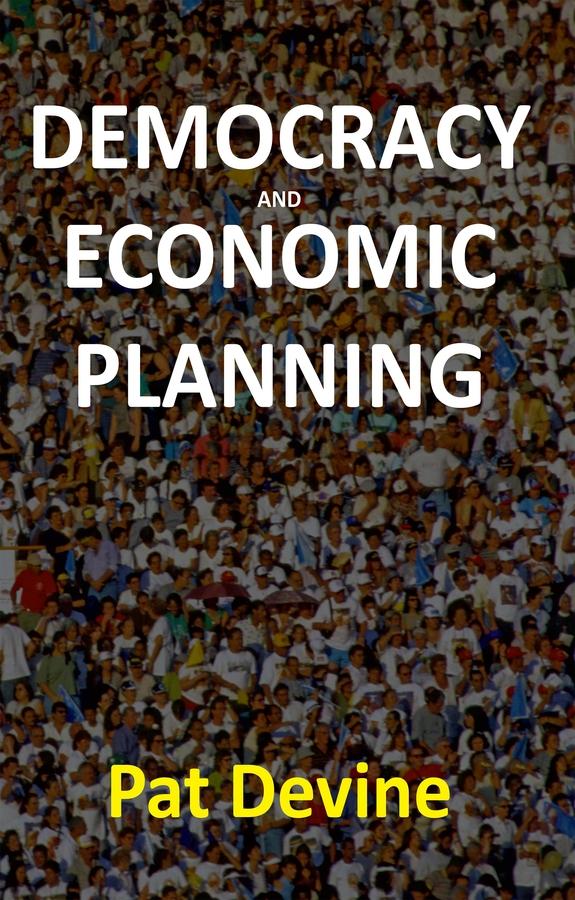This book is a wide-ranging analysis of the nature of economic planning in both capitalist and statist societies. It seeks to establish an alternative to market forces as a means of coordinating decentralized economic decisions.
Devine begins with an analysis of the theory and practice of capitalist planning, central planning and 'market socialism'. He argues that, while market socialism is
currently favoured by many economists who reject both capitalism and the command planning of the Soviet model, it cannot fulfil the promises held out for it.
In the remainder of the book Devine elaborates an alternative model based on the novel idea of 'negotiated coordination'. The model combines system-wide with decentralized decision-making, recognizes the existence of differences of interest and incorporates a transformative dynamic in which individuals modify their attitudes in the light of the positions of others. The model offers a detailed account of how economic activity could be organised in a self-governing society.
Democracy and Economic Planning will be of interest to students of economics, politics, sociology, and geography, as well as to a more general audience concerned with the nature of, and prospects for, socialism and democracy - life after capitalism.
Inhaltsverzeichnis
Preface viii
Part I Introduction 1
1 Introduction 3
Part II Historical Experience 27
2 Capitalist Planning 29
3 Central Planning 55
4 Market Socialism 82
Part III Objectives 111
5 The Socialization of Production 113
6 Democracy 138
7 Abolition of the Social Division of Labour 162
Part IV Democratic Planning 187
8 National Priorities and Planning 189
9 Communities and Production Units 212
10 Negotiated Coordination 235
Part V Conclusion 261
Notes 277
Bibliography 288
Index 297












